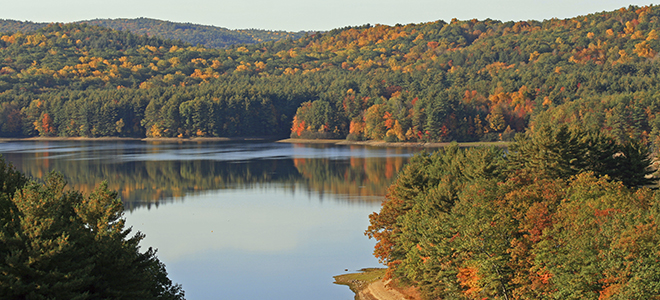
HARTFORD – State Representative Dan Carter (R-2) encourages taking steps towards protecting Connecticut’s long-withstanding environmental and economic policies, but at the same time advocates for new improvements to bring us successfully into the future.
Legislative committee officials are considering three bills proposed by Rep. Carter that address the issues of innovation and conservation in regards to public health, the environment and the economy.
First, to encourage research, development and support of the bioscience industry in Connecticut, Rep. Carter is pushing for bill H.B. 5978.
“Last month I toured the Farmington facilities of Jackson Laboratory, a company that conducts bio-scientific genomic and cancer research,” said Rep. Carter. “As an inspiring and innovative institution, Jackson Labs exemplifies Connecticut’s unique opportunity to become a leader in bioscience. My intention is to discover a mechanism to grant successful bioscience companies, such as pharmaceuticals, tax credits that will help them to flourish.”
The bill now sits with the Commerce Committee, which handles all matters relating to economic and community development.
Another Carter bill that would support bioscience research and industry is H.B. 5780: a proposal to legalize industrial hemp in Connecticut.
The General Law Committee will decide the next step of this bill.
Lastly, H.B. 5948 strives to find a way to convert waste products to potential sources of state revenue.
“My goal for this bill, if passed, would be to work with the Department of Transportation to create a process by which surplus wood produced from tree-cutting along roadways is sold instead of chipped,” said Rep. Carter. “As of now, it goes all to sawdust, and from there, it seemingly disappears. This is a waste of time and money. If we can conserve this wood more effectively, we can save, and benefit from, a resource we are currently throwing away.”
Further discussion on this proposal will be carried out by the Transportation Committee.